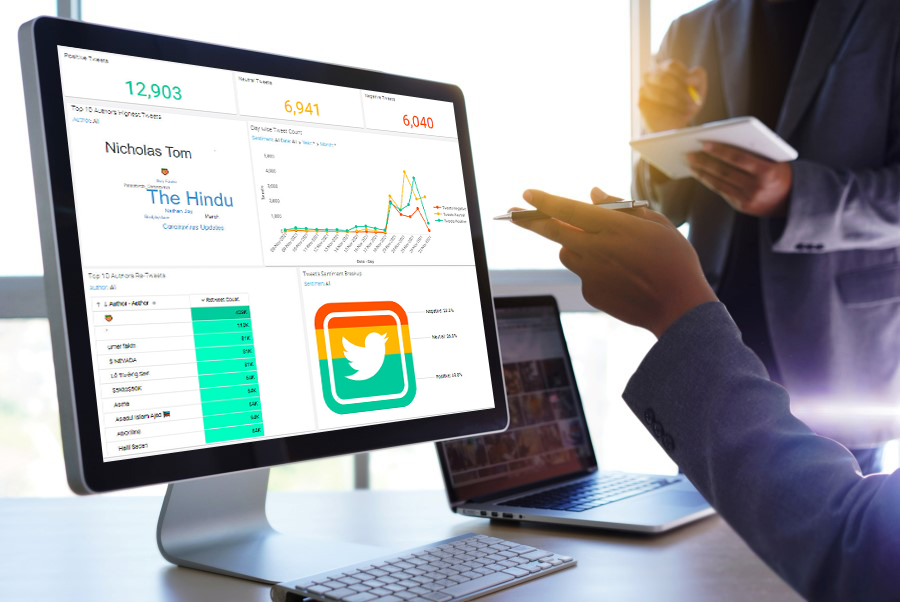
Benefits of Sentiment Analytics

Table of Contents
Digitization and globalization have put customers in charge of driving conversations around their purchase and sharing their experience on different online channels. Hence, that is what businesses need to look at to know how their customers feel about them and their services. They need to listen to their customers if they want to create personalized experiences.
Sentiment analysis bridges this gap between consumers and businesses interactions. It has become imperative for the business teams to look at these reviews/ feedback, listen to their customers, analyze the sentiment behind these and act on it timely. While negative comments may result in a huge setback and turn into a PR catastrophe in a matter of minutes. At the same time, positive reviews help to woo more people and create a better emotional connection.
Sentiment analysis offers some other benefits, that if utilized can prove fruitful.
Understand your customers
Understanding your customers is vital to set the right tones in the messages that you share. If you want to tap the right emotion in your prospective customer, you need to know what they think about you and set the context accordingly. To gain trust and interest, you must:
Know the genuine feedback
‘Customer is King,’ and you do not want to upset your king. Repeat as well as new business depends on how satisfied your customers are. Knowing real sentiment helps in identifying opportunities. In-store feedback may not be accurate, as, by that time, the consumer may not have used the product or out of modesty shared a positive rating. After-purchase experience and emotions are critical and need to be studied carefully.

Sentiment analysis provides unified analytics of customer comments/ feedback by using specific hashtags, mentions, social media listening, so as you can create, and measure customer satisfaction scores based on that. Using these insights, you can devise ways to make a better connection with your audience.
Monitor store/ employee feedback
Consumers, while sharing their experience of any products, also share their experiences concerning the services. They do not refrain from naming the people they talked to or how their experience was while browsing a store or an online shop. Social media listening can help you to proactively gauge any mentions, learn store/ employee feedback and analyze their performance. With insights as deep as this, you can plan better shopping experience and allocate your resources more strategically. You can create efficient training plans so that your executives can deliver a better customer experience and tap into the emotional quotient of your customers.
With conversations scattered and happening on different channels, you need an efficient system that provides you with high-performance social media analytics capabilities with the ability to unify data analytics in one system. Intellicus offers user-friendly tools to collate data from various social channels. You can automate the entire sentiment analysis process for your organization. You can easily derive machine learning-based insights to get a deeper understanding of this data. And the application of predictive and what-if based analytics can help you make better plans.
Social Listening
There are tools that allow you to listen to your customers. Social listening helps you understand not only your customers’ sentiments towards a purchase but what they may be planning in the future. This in turn helps you design a more strategic plan to convert any lead into sales.

With conversations scattered and happening on different channels, you need an efficient system that provides you with high-performance social media analytics capabilities with the ability to unify data analytics in one system. Intellicus offers user-friendly tools to collate data from various social channels. You can automate the entire sentiment analysis process for your organization. You can easily derive machine learning-based insights to get a deeper understanding of this data. And the application of predictive and what-if based analytics can help you make better plans.

